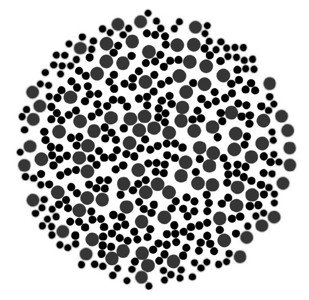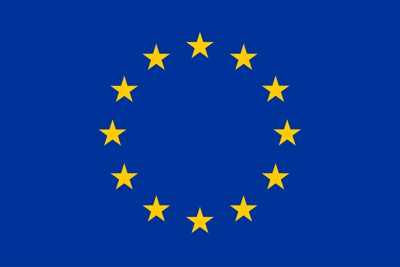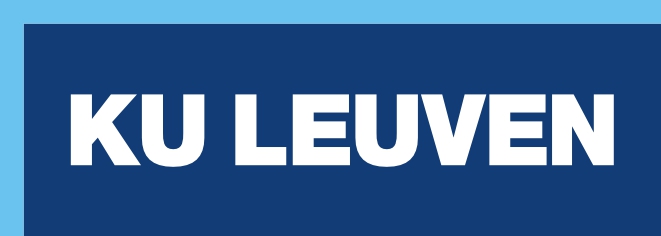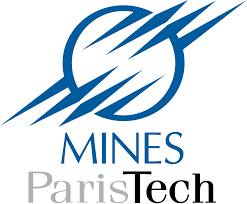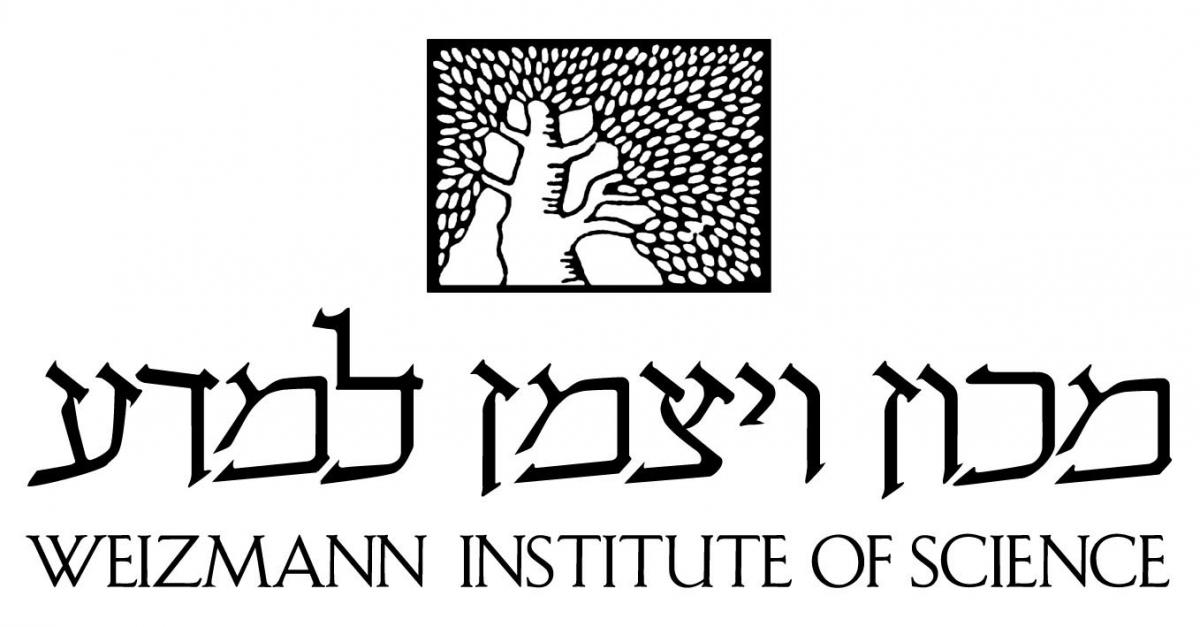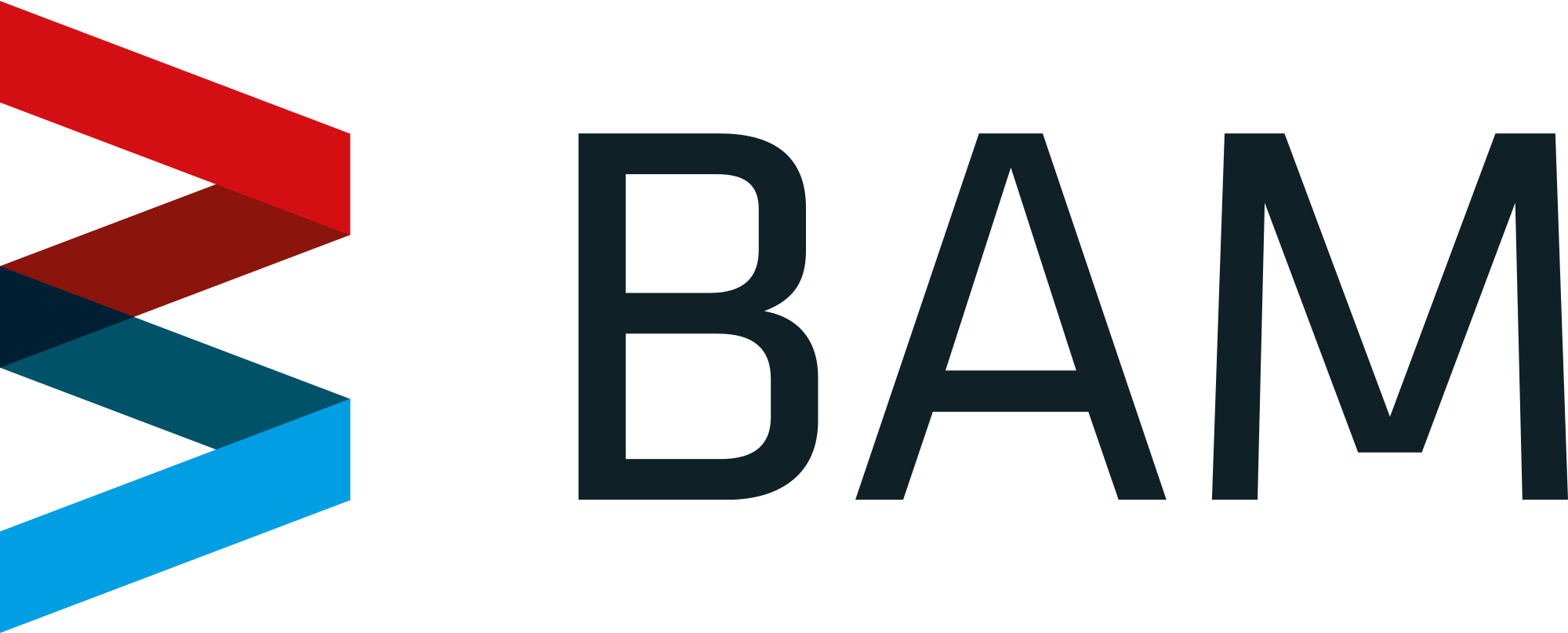About FiBreMoD
Our goals
Limiting the climate change-induced temperature increase to less than 2°C will require strong reductions in greenhouse gas emissions. Lightweight materials and fibre-reinforced composites in particular, are a key enabling technology to achieve this goal. Current composite applications are however strongly overdesigned due to a lack of reliable design tools and predictive models for their mechanical properties. Developing, using and applying these models requires interdisciplinary researchers with a strong background in both modelling and experiments, but such researchers are scarce.
The 9 beneficiaries and 3 partner organisations in FiBreMoD aim to train 13 such researchers to become multi-talented and interdisciplinary researchers that will be highly coveted in the field of composites. They will be intensively trained by leading experts with world-class facilities and will be supported by a strong industry participation and an extensive international network. The training programme places a strong emphasis on entrepreneurship and innovation skills not only by dedicated workshops but also by the involvement of the researchers in potential commercialisation. This approach will be key to improving the EU’s innovation capacity.
Simultaneously, the researchers will advance state-of-the-art composite failure models to reach the required levels of accuracy and develop advanced and industry-friendly characterisation techniques for measuring the required input data. The goal will be to enable blind predictions, which means that parameter fitting or tuning of the models is no longer required. These new and unprecedented levels of understanding coupled with improved prediction accuracy will be exploited to (1) design novel microstructures for hybrid, hierarchical and discontinuous fibre composites and (2) increase the usefulness of models in practical composite applications. The developed models will be validated and used to design composite cylinders and automotive parts.
Contact: Larissa.Gorbatikh@kuleuven.be
Funding source
This project has received funding from the European Union’s Horizon 2020 research and innovation programme under the Marie Sklodowska-Curie grant agreement No 722626. Within H2020-EU.1.3.1 the goal is to train a new generation of creative and innovative researchers, able to convert knowledge and ideas into products and services for economic and social benefit in the Union.

